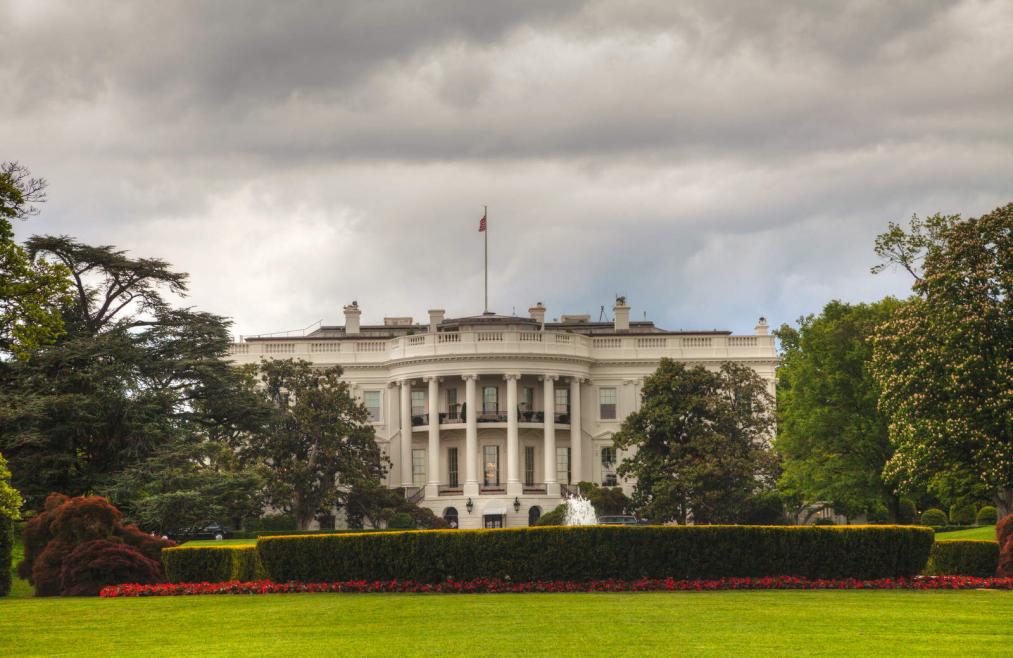At a time that addiction is causing a crisis for so many lives across the country, a leaked memo last week showed that the Trump administration is proposing drastic cuts to the Office of National Drug Control Policy (ONDCP), the nation’s primary coordinating anti-drug agency that creates programs on addiction and prevention and makes recommendations for agencies involved in all aspects of addiction.
While President Trump has stressed that the budget that was leaked is not final, critics say this shows that Republicans were playing lip-service during their re-election campaigns in 2016, and the current administration plans to take away vital funding that needs to be used to combat the addiction crisis. With the threat of Medicaid cuts looming large, many states are worried that they will be unable to halt the public health threat of addiction, including opioids, looming large.
How will indigent addicts be able to get treatment without Medicaid? How will drug prevention programs be placed in the schools without the recommendations of the Office of National Drug Control Policy? These are just a few questions that, thus far, have gone unanswered by the tight-lipped administration that once told a round table of addiction experts, addicts, and families who lost lives to addiction, “I just want to let the people of New Hampshire know that I’m with you 1000%, you really taught me a lot,” he told the round table, promising to bring resources to help those who “are so seriously addicted.”
Today, the budget cuts show that the staff of 33 could be cut by 50%, rendering many of its programs incapable of expanding. President Ronald Reagan created the agency to create and coordinate a national anti-drug strategy that brought drug education into the schools and health professionals. While the agency doesn’t implement policy, it make recommendations to other agencies that implement the latest research and transform that research into policy that is used in hospitals, schools, and other settings.
On both sides of the fence, Congress denounced the budget cuts. The reports came just one day after Rep. Tom Marino announced that he was withdrawing from consideration for the appointment of ONDCP director, the position more informally known as the Drug Czar, after more than a month of speculation that he would serve. The Pennsylvania Republican was one of Trump’s earliest supporters in Congress.
Some progressives, however, welcome the elimination of ONDCP completely, calling it a relic of failed drug policy that brought mass incarceration and other social problems as an answer to the crack cocaine crisis.
The White House Office of Management and Budget’s proposed fiscal year 2018 budget would reduce the funding request for ONDCP from $388 million in 2017 to $24 million.



Leave A Comment
You must be logged in to post a comment.